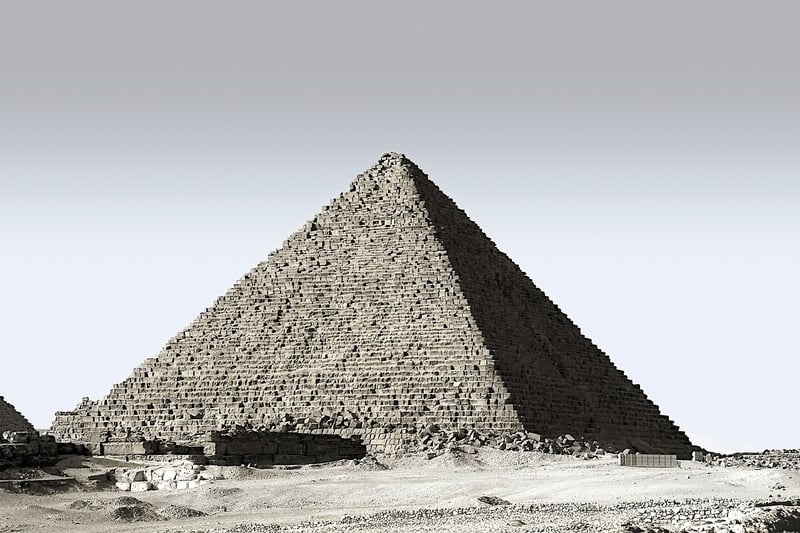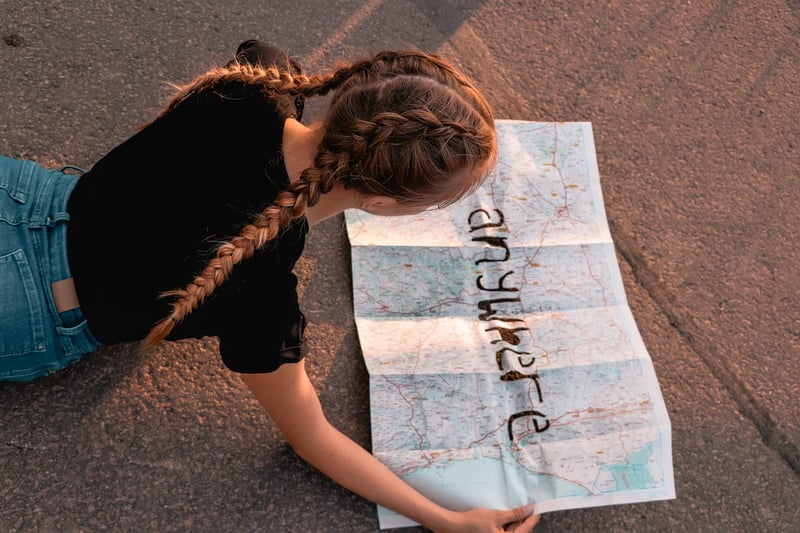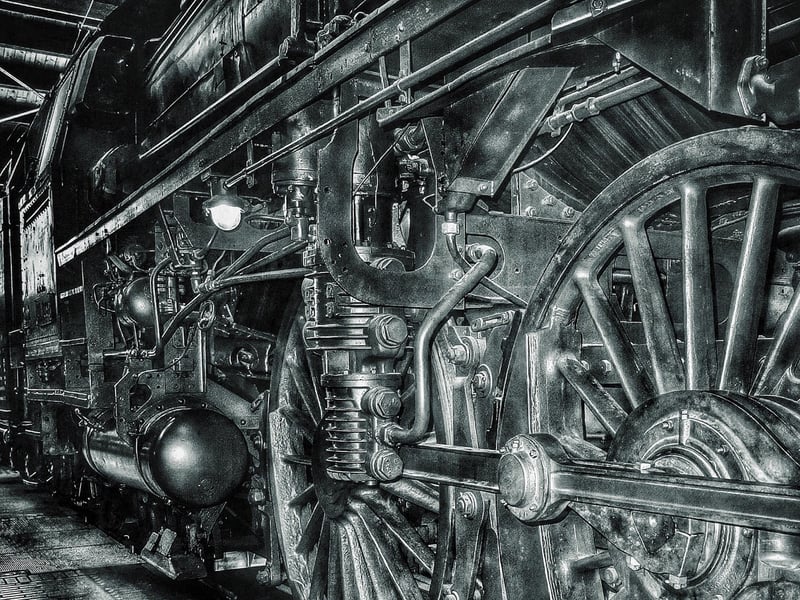Future Explorations
Exploring Different Time Periods and Future Explorations
Introduction
Exploring different time periods allows us to delve into the rich tapestry of history and envision future explorations that may shape our world. From ancient civilizations to modern innovations, each era offers unique insights and challenges for explorers.
Ancient Civilizations
Ancient civilizations such as the Egyptians, Greeks, and Romans captivate our imaginations with their architectural marvels, intricate artwork, and cultural achievements. Exploring their ruins and artifacts gives us a glimpse into the past and helps us understand the foundations of human civilization.

The Age of Exploration
The Age of Exploration in the 15th to 17th centuries saw intrepid explorers like Christopher Columbus, Vasco da Gama, and Ferdinand Magellan sail across uncharted waters, discovering new lands and expanding trade routes. Their voyages reshaped global geography and connected distant cultures.

Industrial Revolution
The Industrial Revolution in the 18th and 19th centuries marked a period of rapid industrialization, technological advancements, and urbanization. Explorations during this time focused on exploiting natural resources, developing machinery, and revolutionizing transportation and communication systems.

Space Exploration
Space exploration in the 20th and 21st centuries has pushed the boundaries of human knowledge and opened up new frontiers beyond Earth. From the first moon landing to Mars rovers and deep space probes, explorers have ventured into the cosmos to unravel its mysteries and seek other habitable worlds.

Future Explorations
The future holds exciting possibilities for exploration, from deep-sea expeditions to space tourism and Mars colonization. Advances in technology, artificial intelligence, and sustainable practices will shape how we explore and interact with our environment in the coming years.
Conclusion
By exploring different time periods and envisioning future explorations, we can appreciate the achievements of the past, embrace the challenges of the present, and embark on new adventures that will define our future as explorers of the unknown.
